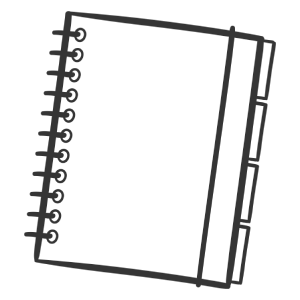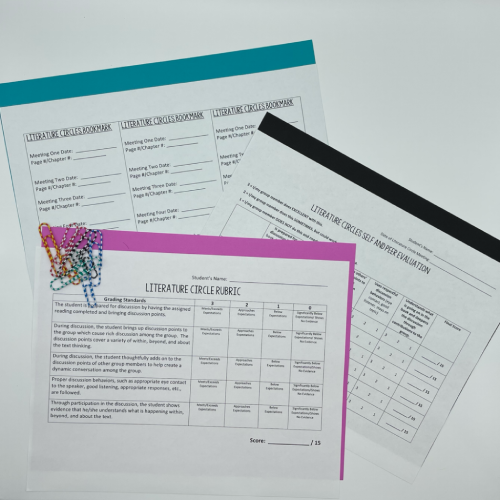The guest blogger for this post has a familiar last name. Trevor just so happens to be my brother and teaches in the same district as me in Wisconsin. To end up back in my hometown to teach and then have my younger brother join five years later has been surreal. Family is everything to me, and to be able to see and talk to my brother on at least a weekly basis is a true gift. Plus, he is a pretty awesome teacher. Still early on in his career, he graduated with his masters degree in Education Administration this summer and is known for his innovation in using technology in the classroom and not being afraid to jump in with enthusiasm to try something new. Plus, he cares about his students and is passionate about connecting math with real life to engage students. One of his recent adventures has been trying out standards-based grading. I asked Trevor three questions about SBG and his responses are below.
Question One: What have you tried with Standards Based Grading that has worked?
When I have entered grades into our school’s grade book, I have entered them as a description of the skill/concept/standard that it was on. This has been helpful because it has allowed me/students/parents to be able to understand where exactly a student has been struggling. I have been able to work specifically on skills that students are having trouble with because I enter assessments into the grade book this way.
Question Two: What have you tried with Standards Based Grading that hasn’t worked?
I have tried to convert SBG into a 4-point scale, but trying to make the numbers correlate to a letter grade still feels like the traditional way of grading. I think the biggest thing with SBG is to change students mindsets on what a grade means, and by still using numbers to determine their “grade” does not change their mindsets.
Question Three: What would you like to try next with your implementation of Standards Based Grading?
I would like to go completely away from numbers and only grade students by using descriptive words and feedback, such as mastered, proficient, basic, minimal, or no evidence. These descriptors can still correlate to a grade, but I think this will help students to change their mindsets on learning and be more focused on what do I know, and how can I improve, rather than just thinking about how they can earn a certain number of points back to get the grade they want. Using these descriptors also gives the teacher more discretion on what grade they think the student truly earned.





